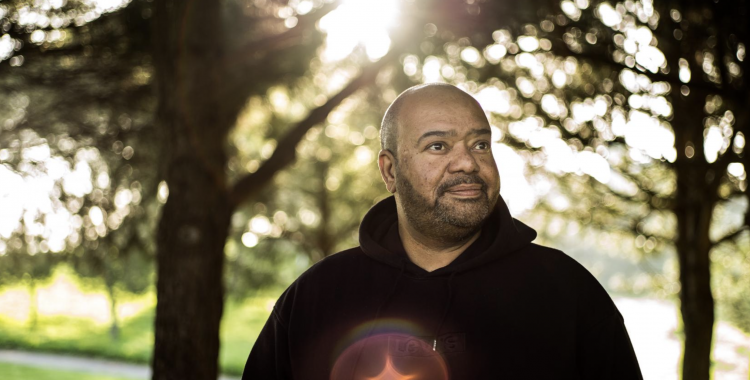The artist, who has lived in Portugal for several years, will celebrate 36 years of his career with a tour that will visit several Angolan provinces for the first time, including Luanda, Benguela, Huambo, Bié, Namibe and Huíla, between the end of August and 12 October.
The singer, who spoke to Lusa in Luanda, on the sidelines of the tour, said that there are always reasons to celebrate achievements such as freedom and identity, even though there are still many things to be achieved, some “glaring and visible to the naked eye”, as the country prepares to celebrate its 50th anniversary of independence (11 November 2025).
These are things that concern the artist, who is also in his fifties, and who has been singing about them “for at least 36 years”.
In 36 of these 50 years of independence, “we have been singing to ourselves” and this is also a reason for celebration: “That is why we are going to do this (tour), although we know that we still have a lot to achieve in this freedom that we have conquered”.
Regarding the reconciliation of the country, which lived in civil war for almost three decades after becoming independent on 11 November 1975, he considered that the role of artists “is also to exercise thought, and feeling, and the ability to feel, and to love and respect others”. He therefore highlighted the importance of continuing to work “each in their own area, so that reconciliation is complete and that people have better living conditions and can educate their own people”.
Despite living in Portugal for several years, Paulo Flores says that he has not lost his Angolan references and that being away from Angola does not mean being alienated, but rather giving more value to these references.
“They are what unite us and make us feel like people, often abroad. At home with my grandmothers, since I was a child, I listened to music in Quimbundo, by Artur Nunes, David Zé and others, which is why my Angolan identity is so present”, he stressed, adding that, those who are outside, sometimes “value the funge of Sunday more than the Samba or Mutamba [neighborhoods of Luanda]”.
That doesn’t mean that he doesn’t also feel Portuguese: “I feel completely Portuguese, because I have a language, I have poets, I have references, but my pain, my sorrow, my inspiration, my flag is Angola and that is also very present in my music”.
He does not rule out a possible return to Angola, but says that he does not always achieve the peace he desires in Angola, which he left in 2010.
“Now I go back less often, often for my own children, for life and also because I want a certain peace, which I do not always achieve in Luanda, sometimes with everything I feel, so present, sometimes this equidistance is necessary to be able to compose without resentment”.
A peace that escapes because he feels everything that remains to be achieved, “because he sees (...) fellow citizens with so much still to achieve in terms of dignity, information, education, children, security, everything that we want Angola to improve and achieve”.
Among the artists invited to this tour, which starts on August 31st in Huíla, are the musician Yuri da Cunha and the rapper Prodígio, and donations will also be made to charities that work with children, in the form of “cultural tools”, including musical instruments, teaching materials and painting materials, to stimulate interest in cultural arts and crafts.







